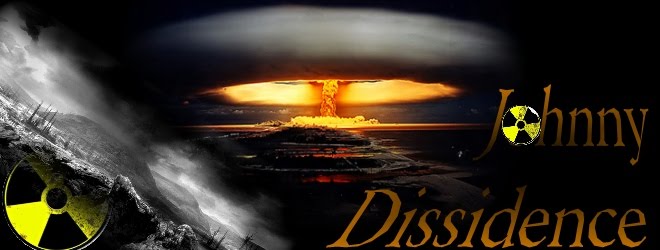Johnny Dissidence:
Articles like this interest me a lot, because in this era of cheap Warehouse goods, we don't truly appreciate the real cost of buying cheap Chinese imports: Our own industries and jobs. You can observe the massive migration of job and industry in the USA especially; the biggest consumer nation in the world has all but lost most of its major industrial capacity.
The reasons goods are so cheap in China is because of several things: The very low wages for employees, the lack of a proper welfare state and the lack of scruples of a lot of Chinese businesspeople. When you pay for a more expensive US/New Zealand made product, you're paying the social welfare costs that come with it.
Another downside to importing heavily from China is the insistence of Chinese to effectively "steal" the business models/ideas/processes/innovations of foreign entities operating on their soil; it forms a sort of tax for the privilege. China essentially acts like a big sponge, but the life blood of other (especially Western) nations are being soaked up. Indeed, maybe more Chinese will be employed, but that doesn't exactly benefit us in the West if it means our jobs are the ones going. It also means the investment in infrastructure and "trickle-down" effect of company profits and taxes is not benefiting the people as much, if at all.
Unfortunately, there's very little that can be done by the average person, except shunning Chinese products. But the low price label is a heavy attraction to consumers, and until people decide that that is not enough to warrant buying Chinese made goods, it'll be up to innovative businesspeople or even the State to take up a semi-protectionist stance on the imports, and even that has its own problems.
Warning to NZ: Keep technology secrets safe from China
By Tamsyn Parker5:30 AM Monday Aug 2, 2010

Usha Haley. Photo / Supplied
Professor Usha Haley, who has emigrated to New Zealand to join Massey University's business school, said New Zealand needed to tread carefully in its bid to do business with the economic giant.
Haley has just come from Harvard Kennedy School in the United States where she studied the growth of Chinese businesses in the steel, glass, paper and forestry industries.
In five years China moved from being a small player to some of the largest exporters in those industries.
Haley said China's strength was always touted as being its cheap labour force. But the industries it had become strong in were capital-intensive and labour was only a small part.
At the same time raw material costs had skyrocketed and energy costs such as oil and electricity had also risen.
"I wanted to see where the advantage lay. It didn't lie in efficiencies - many of the companies involved were small and didn't enjoy economies of scale."
Haley isolated large subsidies from the Chinese Government as the driving force. China was flush with capital - it was a form of state capitalism.
The subsidies were not good for the global economy because of the assumption that the most efficient businesses will become the dominant players.
"Free trade works on assumptions and in China this doesn't happen."
Chinese companies were heavily subsidised and had thin margins. They did not need to make a profit because they were propped up by the Government.
In a free trade environment developed countries saw it as imperative to grow their economies.
But China was a developing nation and saw its political growth being just as important as economic growth.
In the United States some smaller industries had been wiped out after growing Chinese trade and what had caused ripples in the US could cause a tsunami in New Zealand, she warned.
Haley said New Zealand needed to consider how important its industries were to the economy and the national identity.
It didn't mean New Zealand should stop doing business with China but caution was needed.
"New Zealand needs to wall off its critical technologies and understand the risks before proceeding."
Haley said New Zealand needed to act quickly.
"One thing about the Chinese is that they move very fast. That is one of their strengths."
By Tamsyn Parker | Email Tamsyn




No comments:
Post a Comment